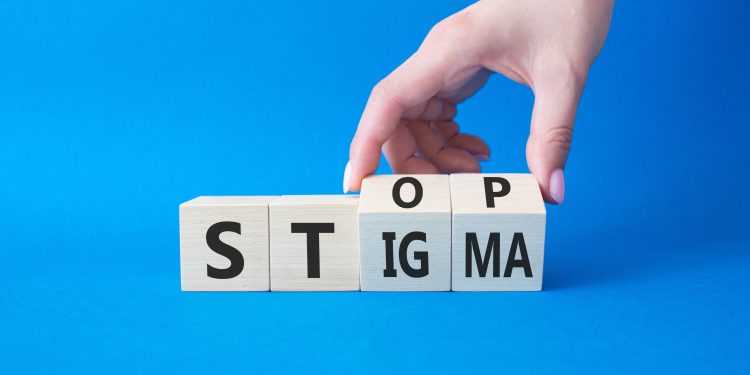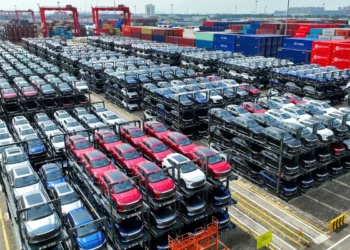A survey prepared by the Expert Council on NGO Law of the Conference of INGOs of the Council of Europe indicates serious stigmatization of NGOs across Europe, based on 55 responses to a questionnaire by NGOs operating in 31 Council of Europe member states[1] plus Russia, as well as from two international NGOs. The survey determined that NGOs working in the areas of human and minority rights, as watchdogs (anti-corruption and investigative journalism) and for the environment proved to be particularly subject to stigmatization.
Public authorities or high-ranking politicians from ruling parties were the most frequently cited source of stigmatization, followed by pro-government media outlets or those otherwise promoting or espousing populist and xenophobic views. Another source came from certain segments of the public, including those opposing LGBTIQ+ rights, having unsympathetic views of asylum seekers and migrants, and those holding bias against the Muslim population.
Forms of stigmatization reported in the survey include legislative measures, inadequate legal protection, media smear campaigns, physical attacks against leadership and members of NGOs, limited access to public funds, and exclusion from decision-making. One notable method used against NGOs is abuse of court proceedings, including strategic lawsuits against public participation (so-called SLAPPs). A trend of long-term stigmatisation in several countries, despite a “robust monitoring mechanism” put into place by both the Council of Europe and the European Union, is “particularly concerning,” according to the study, which calls for more “robust engagement and coordinated efforts” to counter the trend.
However, the study also finds positive news as NGOs are confronting stigmatization through advocacy, engaging with domestic and international stakeholders, reaching out to independent institutions, and instigating legal proceedings at national and European level. While stigmatization levels vary from country to country and are subject to ongoing developments, the findings are consistent with and complementary to those found in the previous Expert Council studies on related topics. It is hoped that the study will shed additional light to the ongoing stigmatization of certain types of NGOs and facilitate discussion among the stakeholders in Europe as to the measures best suited to address or mitigate this issue.
The study emphasizes that the Heads of State and Government of Council of Europe member states at the 2023 Reykjavik Summit reaffirmed that “civil society is a prerequisite for a functioning democracy”. It also noted the Summit’s commitment to support and maintain a “safe and enabling environment in which civil society, as well as human rights defenders, can operate free from hindrance, insecurity and violence.”














